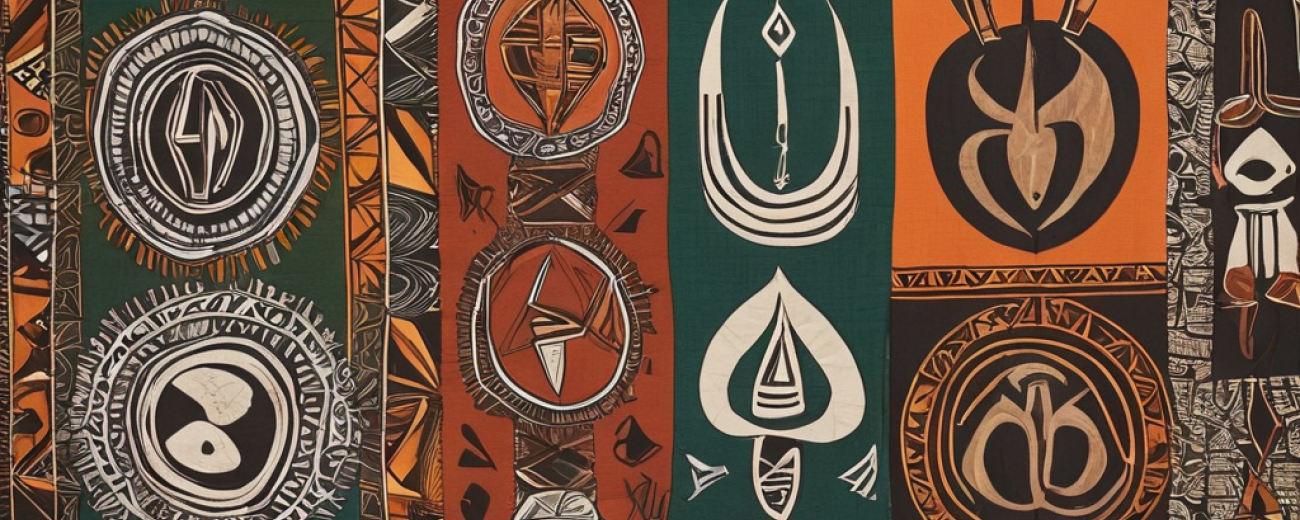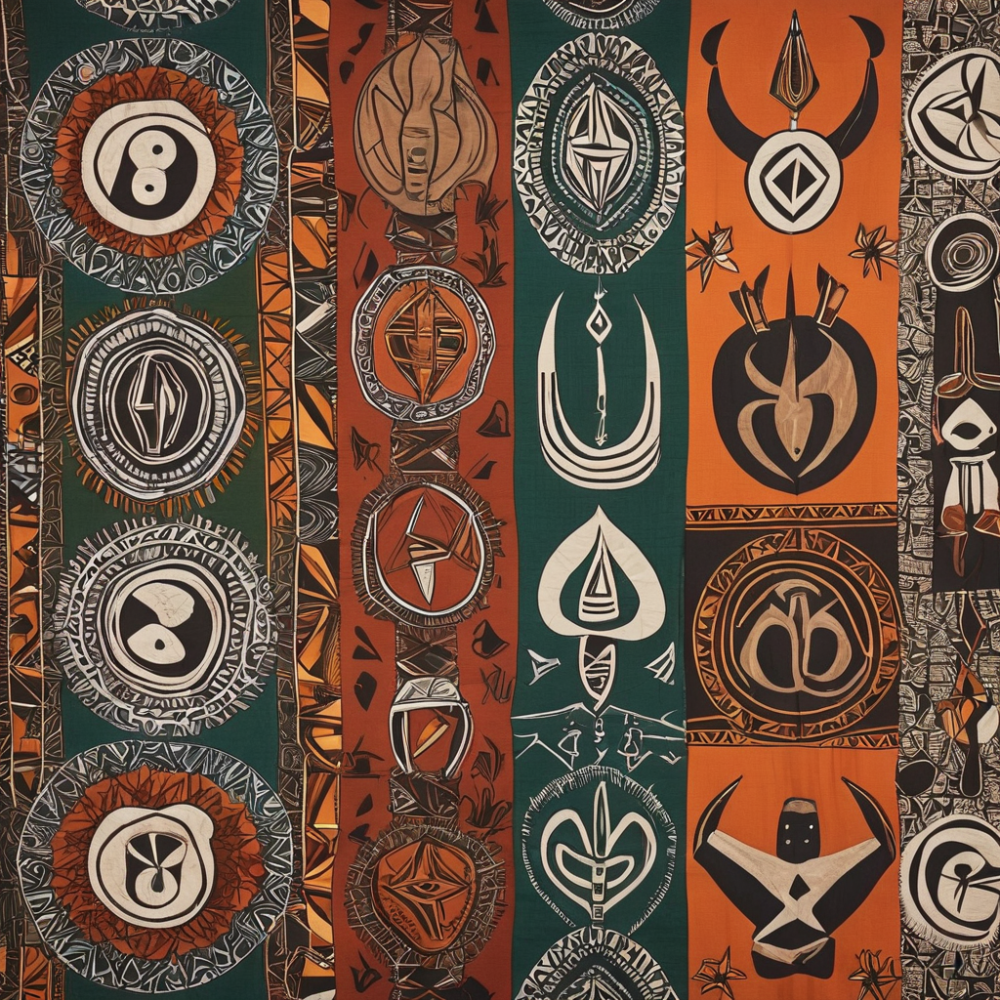The non-textuality of knowledge: Orality and symbolism in African philosophy


This BA mid-career fellowship project challenges the exclusion in the dominant understanding of philosophical traditions and of philosophical knowledge as essentially textual, exploring the non-textuality of philosophical knowledge in African places with a specific focus on oral and symbolic forms of knowledge.
This project proposes a major shift from the dominant understanding of texts as the sole repository of philosophical knowledge by exploring oral and symbolic repositories in African philosophy. Textualism and individual authorship are major defining features that dominate the idea of a philosophical tradition. These features have been used to deny the existence of African philosophy prior to the postcolonial phase.
The claim on these grounds is that a legitimate African philosophy began in the mid-20th century with the existence of African philosophy texts. The project questions the relevance of and sole dependence on texts as repositors of philosophical knowledge and investigates the dangers of doing so –erasure and denial of non-textual forms of knowledge production,
The project thus investigates and analyses oral, symbolic and textual repositories of philosophy in sub-Saharan Africa focusing on the Benin, Yoruba and Akan traditions. It calls for inclusivity in the definition of a philosophical tradition.




